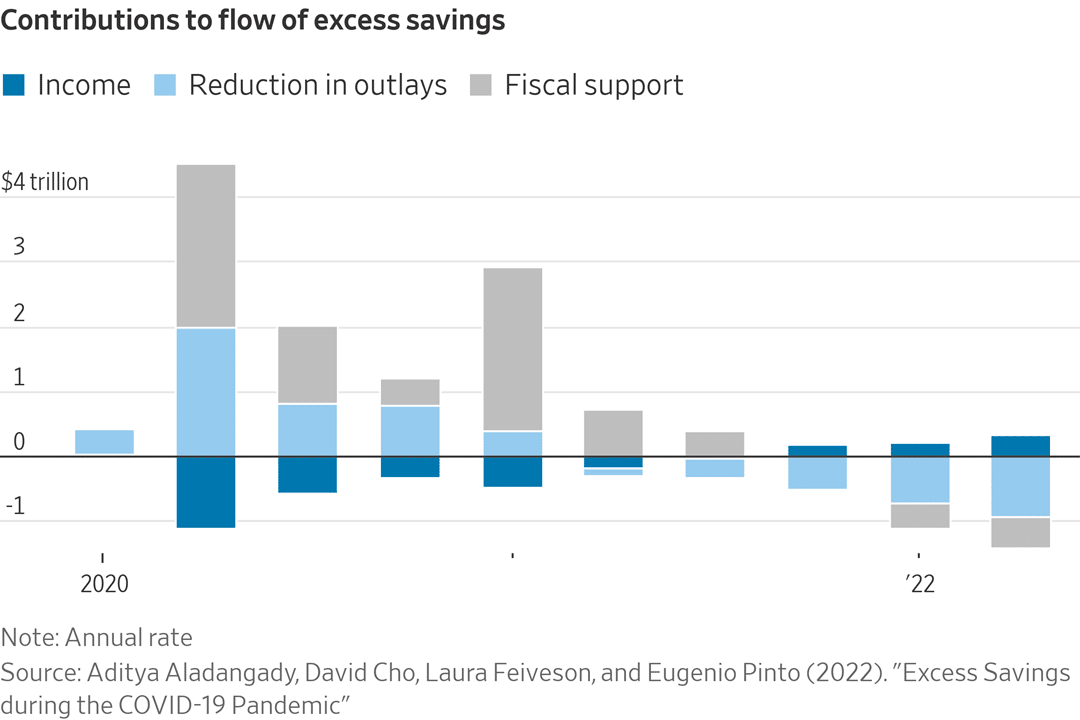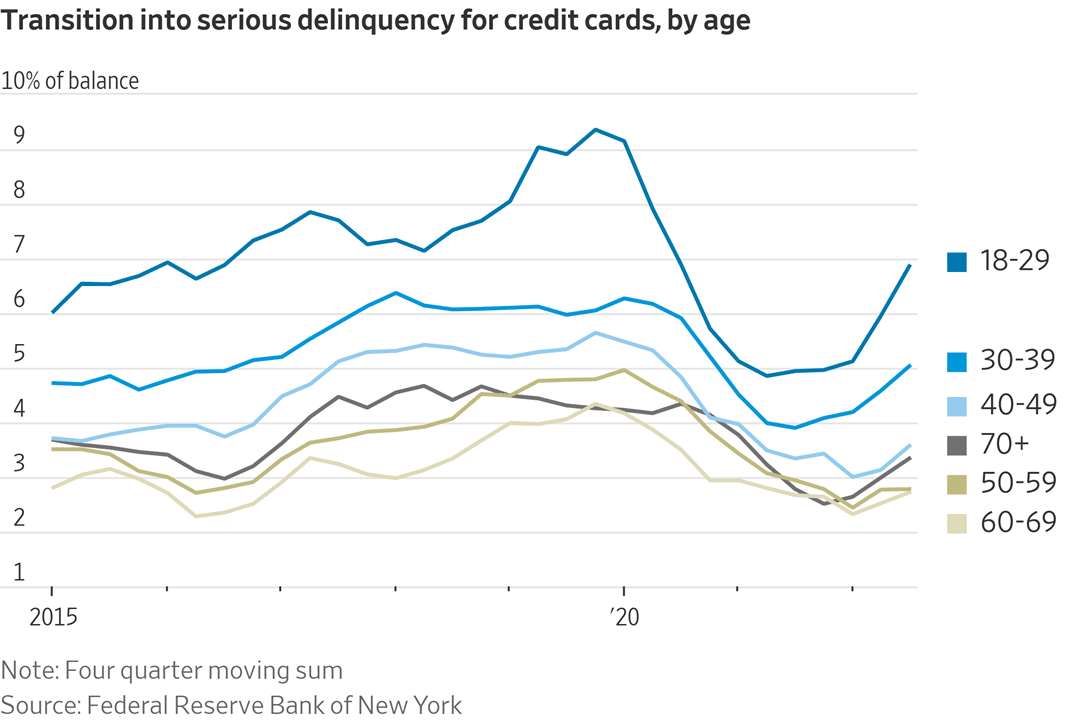Retail Traders Go Bust as Speculation Inevitably Goes Wrong
A recent Wall Street Journal article discussed how retail traders that made millions during the pandemic trading the market are now mostly wiped out.
His story is not a one-off event. During the pandemic lockdowns in 2020 and 2021, scores of Americans turned to stock market gambling to replace sports betting as the economy was shuttered. Between ‘stimulus checks’, swelling bank accounts, no job to go to, and a free stock trading app on every phone, retail traders poured into the market chasing everything from cryptocurrencies to bankrupt companies.
If all this sounds familiar, it should.
In June 2020, I wrote an article about the speculative behaviors of retail traders resembling what we saw in 1999 and 2007. To wit:
Of course, at the time, retail traders were consumed by greed and the However, as we concluded at the time:
A Change of Psychology
We warned several times in different articles that the actions of retail traders would lead to very poor outcomes. One such note was that Gen Z’ers were taking on debt to invest.
But again, retail traders felt indestructible at the time as the market advanced almost daily, and the more risk you took, the more success you had.
However, as is always the case, ‘ and ‘are not mutually exclusive and taking on leverage to invest ultimately leads to poor outcomes. As I concluded in August of 2021:
As the WSJ noted, Mr. Ghias borrowed heavily to amplify his positions.
The result was not unexpected.
However, importantly, Mr. Ghias is not alone, and the downturn in the market last year has many retail traders changing their psychology. To wit:
Given the impact of retail traders on the markets in 2020 and 2021, their retreat from the market may also pose an additional headwind. However, most importantly, most of the money used by retail traders to boost the markets came from the pandemic-related stimulus. As another WSJ article notes, that is now mostly gone.
 Excess Savings During Pandemic
Excess Savings During Pandemic
Of course, that lack of capital is now also catching up with the ability to pay off the increased credit card debt taken on by the younger generation to fund their lifestyle. As Jeff Sparshott of WSJ notes:
 Credit Delinquencies
Credit Delinquencies
Of course, all of this is a function of the incredibly bad advice dished out on social media that retail traders consumed without question.
Don’t Be Bearish
In May 2022, I wrote an article for the Epoch Times titled ‘The Inevitable End Of Bad Advice. which discussed a WSJ article on the rise of a
According to the article, you needed to be relatable, sell the dream, and not be bearish.
Kind of like this couple:
 Tweet
Tweet
The problem with the ‘don’t be bearish’ bias should be evident. Only listening to one-half of the story makes investors ‘blindsided’ by the other half.
The demand by Gen Z’ers for ‘don’t be bearish’ commentary is why they ignored the same signs that negatively impacted both Millennials and Boomers previously.
While social media stars ‘got rich’ for their free ‘don’t be bearish’ investing advice, it is worth noting their ‘riches’ didn’t come from their investing skill. Instead, it came from their skill in producing products and ads. Such is not much different than how Wall Street makes its money.
Experience tends to be a brutal teacher, but it is only through experience that we learn how to build wealth successfully over the long term.
As Ray Dalio once quipped:
Such is why every great investor in history, in different forms, has one basic investing rule in common:
The reason is simple: You are out of the game if you lose capital.
Many young investors have gained much experience by giving most of their money to those with experience.
It is one of the oldest stories on Wall Street.
So, while Millennials were quick to dismiss the ‘Boomers’ in the financial markets for ‘not getting it.’
There was a more simple truth.
We did ‘get it.’
We have been around long enough to know how these things eventually end.
If only someone could have warned them.





